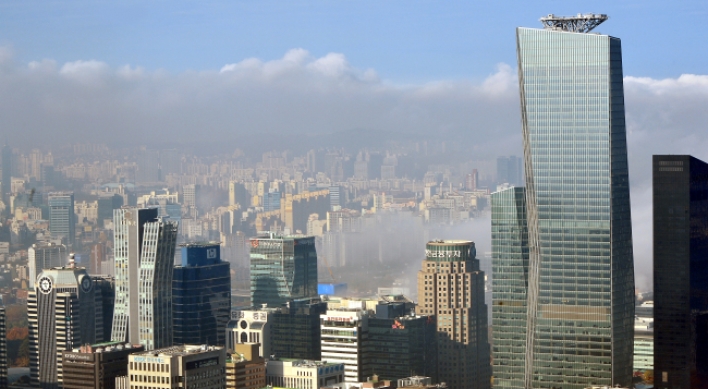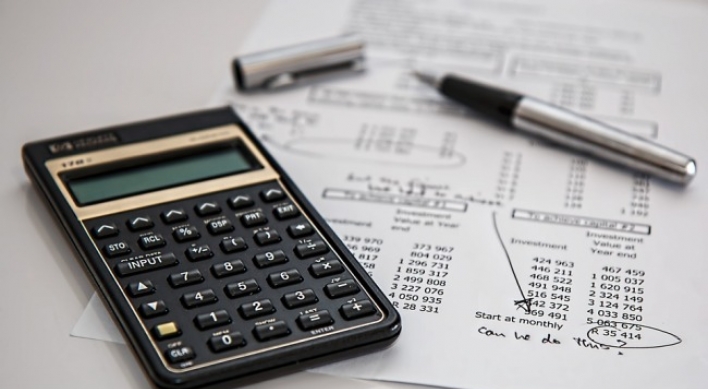Most Popular
-
1
Dongduk Women’s University halts coeducation talks

-
2
Defense ministry denies special treatment for BTS’ V amid phone use allegations

-
3
Russia sent 'anti-air' missiles to Pyongyang, Yoon's aide says

-
4
OpenAI in talks with Samsung to power AI features, report says

-
5
Two jailed for forcing disabled teens into prostitution

-
6
South Korean military plans to launch new division for future warfare

-
7
Trump picks ex-N. Korea policy official as his principal deputy national security adviser

-
8
Gold bars and cash bundles; authorities confiscate millions from tax dodgers

-
9
Kia EV9 GT marks world debut at LA Motor Show

-
10
Teen smoking, drinking decline, while mental health, dietary habits worsen

-
Constitutional Court subjects journalists, private school faculty to new anti-graft law
[THE INVESTOR] The constitutional court of South Korea on July 28 ruled that a controversial anti-graft law set to be implemented later this year is “constitutional” to subject journalists and private school teachers to the legislation.The court also ruled that it was constitutional for the new law to place a limit on the goods and services that these individuals may be treated to. 123rfThe law currently stipulates a maximum penalty of three years or more in prison, or fines of five times the am
July 28, 2016

-
Special tax rate for foreigners to be raised, extended until 2019
[THE INVESTOR] The special income tax rate for foreign nationals will be extended until the end of 2019, but raised by 2 percentage points, the government announced on July 28.According to the tax revision announced by the Ministry of Strategy and Finance, the special income tax rate for foreigners will remain in place until the end of 2019 at the raised rate of 19 percent. Foreign nationals working in Korea can choose to be taxed at the special rate for five years from the date their Korea-base
July 28, 2016

-
Seoul to require detailed tax data from multinational firms
[THE INVESTOR] South Korea will require multinational corporations to submit business records including those regarding taxation, as part of its efforts to curb tax evasion. According to the revised tax rules, South Korea will comply with the international Base Erosion and Profit Shifting project and require multinational firms with annual revenues exceeding 1 trillion won (US$889 million) to submit detailed records.
July 28, 2016















